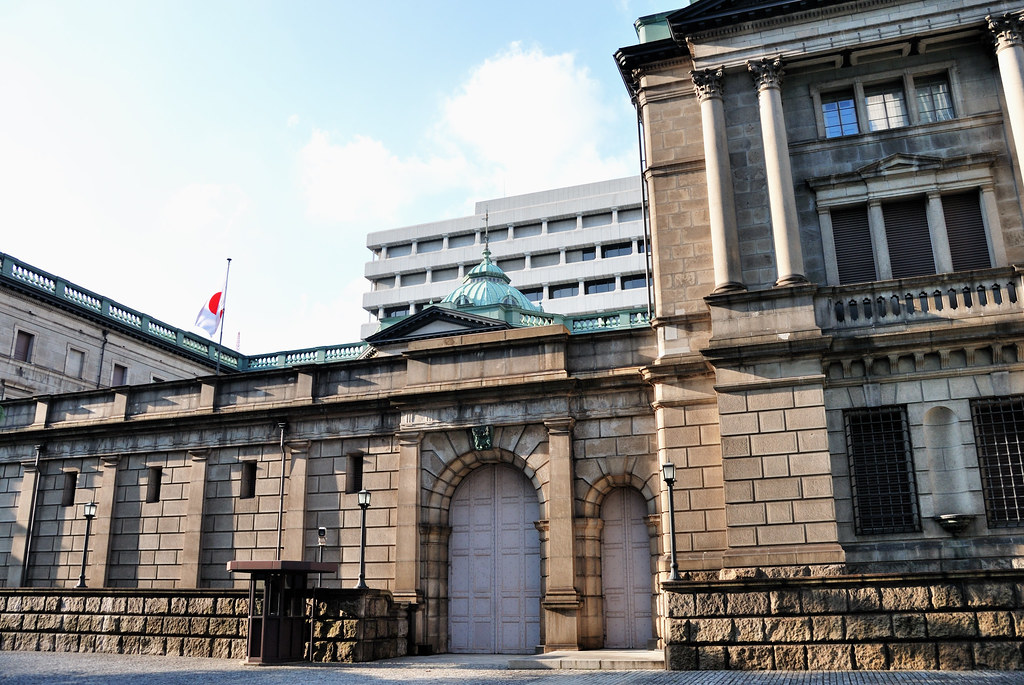Governor Kazuo Ueda of the Bank of Japan (BOJ) stated on Monday that the bank will approach inflation-targeting frameworks cautiously. He pointed out that some obstacles are “uniquely difficult” for Japan following years of extremely loose monetary policy.

Speaking as the keynote speaker at a central banking conference organized by the BOJ in Tokyo, Ueda stated that Japan has “made progress in moving away from zero and lifting inflation expectations.”
To achieve 2% inflation in a sustainable and stable manner, the BOJ “will proceed cautiously, as do other central banks with inflation-targeting frameworks,” he said.
“While many of the challenges we face are similar to those encountered by our counterparts, some are uniquely difficult for us,” the head of the BOJ stated.
Ueda pointed out that measuring the neutral interest rate in Japan is particularly difficult. This challenge arises because of the extended period of nearly zero short-term interest rates over the previous three decades.
“The absence of significant interest rate movements poses a considerable obstacle in assessing the economy’s response to changes in interest rates,” he stated.
BOJ Deputy Governor Shinichi Uchida stated during the same conference that Japan’s fight against ongoing deflation is almost done. However, he noted that tying inflation expectations to the 2% objective is “a big challenge.”
According to Uchida, the labor market has undergone a structural and irreversible adjustment. As a result, this has helped address the root causes of deflation, such as an oversupply of labor.
“We returned to a conventional monetary policy framework, aiming at a 2% price stability target through adjustments of the short-term policy rate, which means we have overcome the zero lower bound,” he stated.
In a historic decision in March, the BOJ abandoned eight years of negative interest rates and other extreme stimulus measures. It believed that sustained accomplishment of its 2% inflation objective was imminent.
According to Ueda, if GDP and inflation follow its forecasts, the central bank plans to raise rates to points deemed neutral for the economy.
Market expectations drive the BOJ towards full-fledged tapering of asset purchases. Consequently, last week, the yield on 10-year Japanese government bonds reached a 12-year high. Additionally, they are factoring in an increase in interest rates to at least 0.20% by year’s end.
Click here for more news on Banking.

